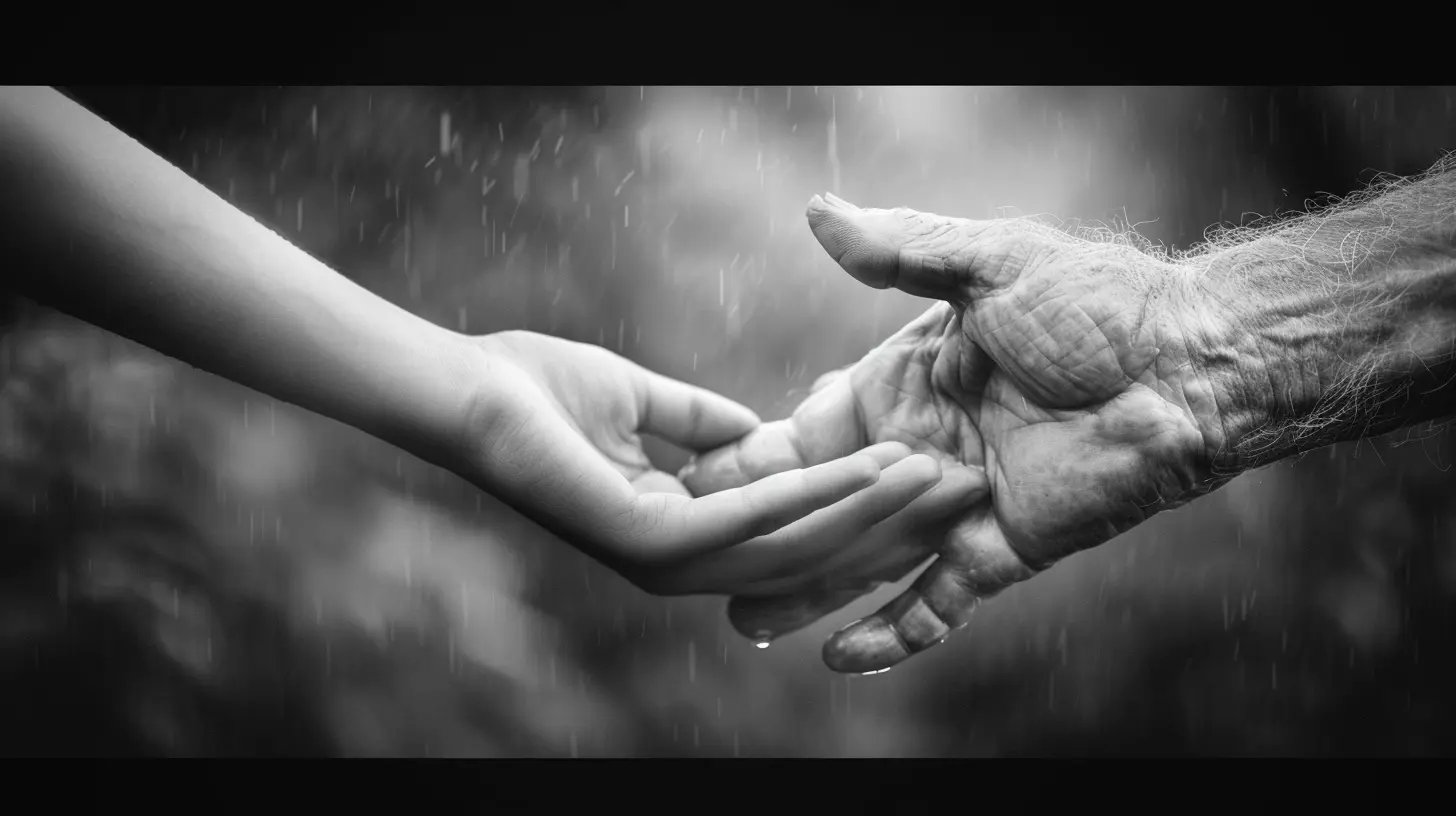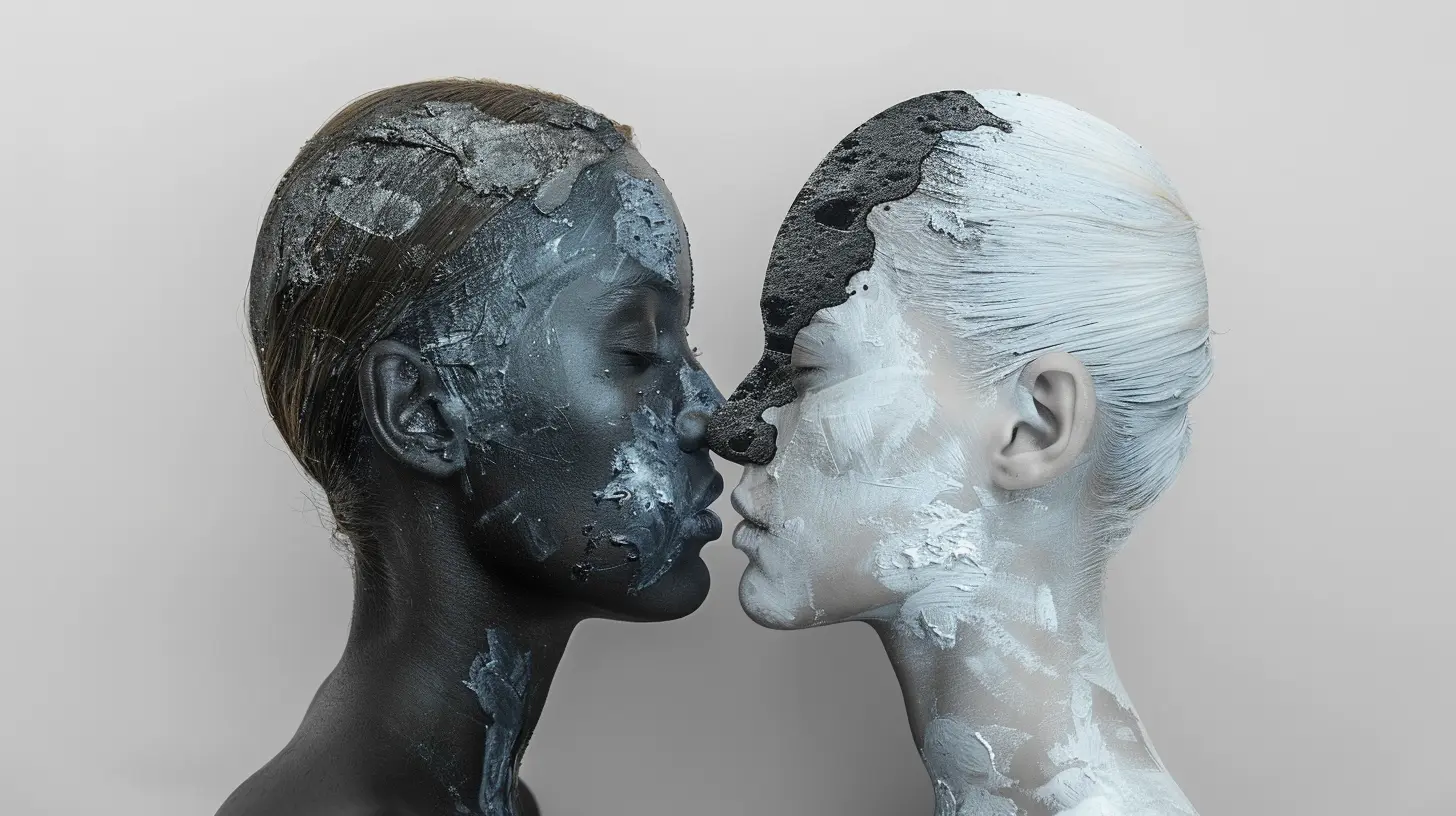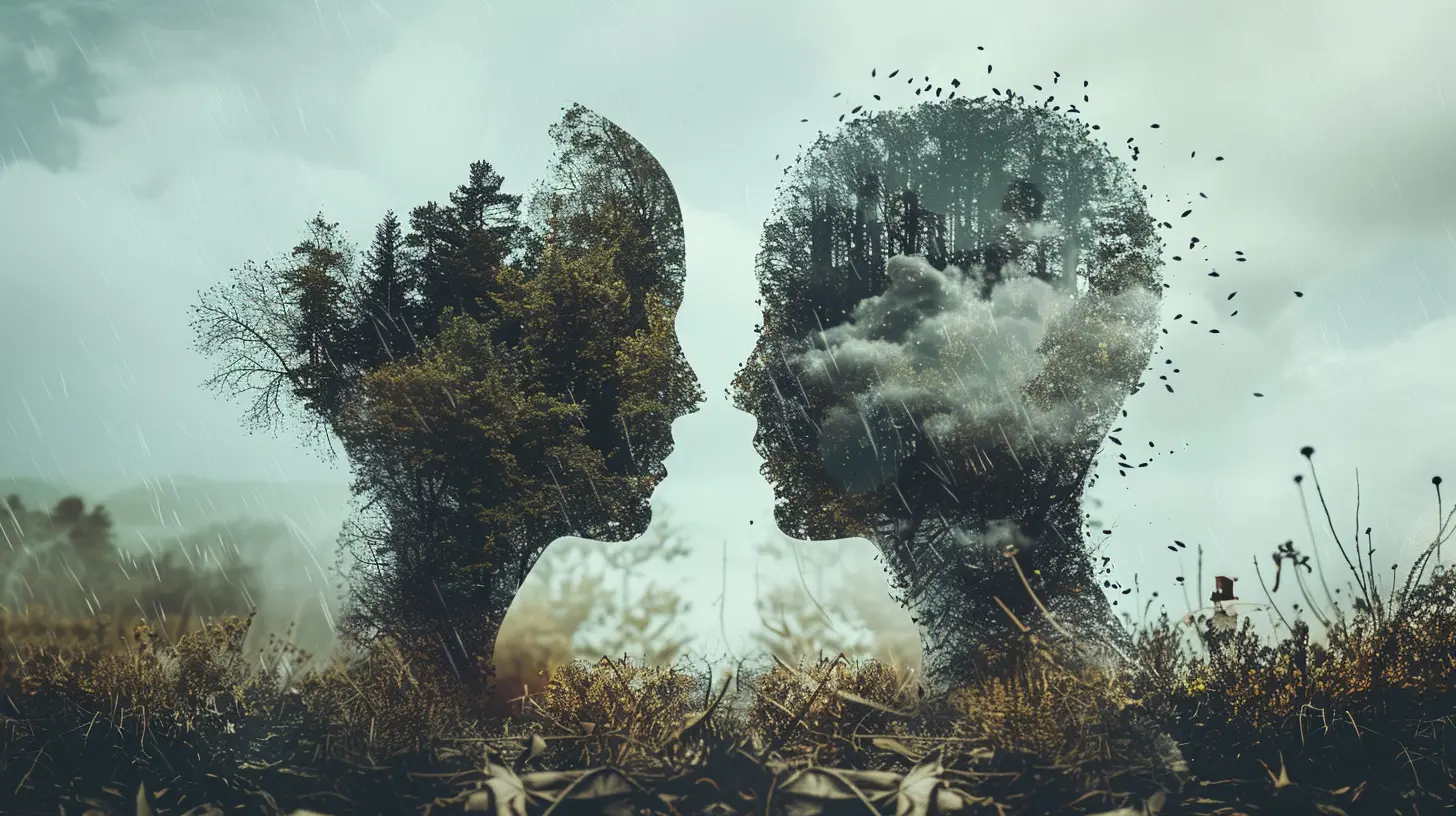The Empathy Gap: Why Some People Struggle to Feel Compassion
22 May 2025
Empathy is the invisible thread that connects us to others, allowing us to understand and share their emotions. It's what makes us human. But have you ever met someone who seems emotionally detached, indifferent, or even cold? They may be experiencing what's called the empathy gap—a psychological phenomenon where individuals struggle to relate to or feel compassion for others.
But why does this happen? Is it a lack of emotional intelligence, a defense mechanism, or something deeper? Let’s dive into the complexities of the empathy gap and uncover why some people find it hard to feel compassion.

What Is the Empathy Gap?
The empathy gap refers to the difficulty in understanding or sharing the emotions of others. This can happen for various reasons—whether due to personal experiences, cognitive biases, societal influences, or even neurological factors.Some people experience a temporary empathy gap—like when emotions run high during an argument, making it hard to see the other person’s perspective. Others may have a more permanent struggle with empathy due to upbringing, trauma, or psychological conditions.
Temporary vs. Permanent Empathy Gaps
- Temporary Empathy Gap – Often occurs in moments of emotional distress, fatigue, or when someone is focused on their own problems.- Permanent Empathy Gap – Can be tied to deeper psychological conditions, personality traits, or long-standing experiences that limit emotional connection.

Why Do Some People Struggle with Empathy?
There’s no single reason why someone might struggle with empathy. It’s often a mix of biological, psychological, and social influences. Let’s break them down.1. Neurological and Psychological Factors
The brain plays a huge role in how we feel empathy. Studies suggest that areas like the amygdala and prefrontal cortex are crucial for processing emotions and understanding others. When these regions are underdeveloped or impaired, empathy can be compromised.- Autism Spectrum Disorder (ASD) – Some individuals on the autism spectrum struggle with cognitive empathy (understanding emotions) but may still have emotional empathy (feeling emotions).
- Personality Disorders – Conditions like narcissistic personality disorder (NPD) or antisocial personality disorder (ASPD) often involve a reduced capacity for empathy.
- Trauma and PTSD – People who have experienced trauma sometimes shut down emotionally as a way to protect themselves, making it difficult to connect with others’ feelings.
2. Upbringing and Childhood Experiences
Our early experiences shape the way we relate to others. If a person grew up in an environment where emotions were dismissed or ridiculed, they may have learned to suppress empathy.- Neglect or Abuse – Children who experience emotional neglect often struggle to develop empathy because they were never taught how to express or recognize emotions.
- Overemphasis on Toughness – In some families, showing emotion is seen as weakness. If compassion was never encouraged, it may not develop naturally.
3. Social and Cultural Influences
Society has its own way of shaping empathy. In some cases, cultural norms and societal pressures discourage emotional sensitivity.- Hyper-individualism – In cultures that emphasize personal success over community well-being, empathy may take a backseat.
- Media Desensitization – Constant exposure to violence or suffering through news, social media, or entertainment can numb emotional responses over time.
- Group Biases and Stereotypes – People find it easier to empathize with those they identify with. When someone sees a group as “other” or distant, their ability to feel compassion may weaken.

The Role of Emotional Defenses
Not all lack of empathy comes from a place of cruelty or indifference. Sometimes, people build emotional walls to protect themselves.- Fear of Vulnerability – Feeling deeply for others can be emotionally taxing. Some individuals shut off empathy to avoid getting hurt.
- Compassion Fatigue – Those in helping professions (like doctors, nurses, or social workers) sometimes develop emotional exhaustion that makes it hard to feel compassion.
- Past Betrayal or Hurt – If someone has been repeatedly hurt by close relationships, they may unconsciously suppress empathy as a defense mechanism.

Can Empathy Be Cultivated?
The good news? Empathy isn’t necessarily a fixed trait. It can be nurtured and developed over time with conscious effort.1. Practicing Active Listening
When someone talks, really listen. Don’t just wait for your turn to speak—try to understand their emotions and perspective. Ask open-ended questions and reflect on what they’re saying.2. Exposure to Different Perspectives
Reading books, watching films, or engaging in conversations with people from different backgrounds can help expand your emotional awareness. When you step into someone else’s world, it’s easier to connect with their experiences.3. Mindfulness and Self-Reflection
Taking time to reflect on your own emotions helps build awareness of others’ feelings. Meditation, journaling, or simply pausing to ask, “How would I feel in their shoes?” can gradually strengthen empathy.4. Practicing Small Acts of Kindness
Compassion grows through action. Helping someone, even in small ways—whether it’s a kind word, a supportive gesture, or volunteering—can make empathy more natural over time.5. Therapy and Professional Help
If emotional detachment stems from trauma or psychological conditions, therapy can be incredibly beneficial. Working with a professional can help uncover barriers to empathy and develop healthier emotional connections.The Importance of Bridging the Empathy Gap
Imagine a world where no one cared about each other—where struggles were met with indifference, and suffering was ignored. That’s what happens when empathy is missing. The empathy gap doesn’t just affect individuals; it has societal consequences too.- Personal Relationships – A lack of empathy can lead to misunderstandings, conflicts, and emotional distance in relationships.
- Workplace Dynamics – In professional settings, empathy fosters collaboration, innovation, and a supportive environment.
- Social Harmony – On a larger scale, empathy is the foundation of social justice, charity, and human rights movements. Without it, societies become divided and disconnected.
Bridging the empathy gap isn’t just about making people nicer—it’s about making the world a more compassionate and understanding place for everyone.
Final Thoughts
Empathy isn’t an all-or-nothing quality. Some people feel it naturally, while others struggle due to personal, neurological, or societal reasons. But that doesn’t mean it can’t be developed.If you know someone who has trouble with empathy, remember—judgment won’t help, but patience and understanding might. And if you struggle with empathy yourself, take small steps toward opening your heart. Compassion isn’t just a trait; it’s a skill that grows with practice.
After all, in a world where kindness often feels rare, choosing empathy can be one of the most powerful things we do.
all images in this post were generated using AI tools
Category:
EmpathyAuthor:

Alexandra Butler
Discussion
rate this article
3 comments
Monica McKinnon
This article brilliantly navigates the empathy gap, shedding light on how societal factors and personal experiences shape our ability to connect. It’s a striking reminder that compassion isn’t just a feeling; it’s a skill worth cultivating.
June 6, 2025 at 3:49 AM

Alexandra Butler
Thank you for your thoughtful reflection! I’m glad the article resonated with you and highlighted the importance of cultivating compassion.
Theodore Sanchez
This article brilliantly highlights the empathy gap and its profound impact on human connections. Understanding the psychological barriers that prevent compassion is crucial for fostering healthier relationships and communities. Addressing these challenges can lead to a more empathetic society and improved mental well-being.
June 2, 2025 at 4:02 AM

Alexandra Butler
Thank you for your thoughtful comment! I completely agree that understanding the empathy gap is essential for building stronger connections and fostering compassion in our communities.
Talia Young
What a fascinating read! Understanding the empathy gap can truly empower us to foster connection and compassion in our lives. Let's embrace empathy and bridge those gaps together! 🌟💖
May 30, 2025 at 2:31 AM

Alexandra Butler
Thank you for your thoughtful comment! I’m glad you found the article empowering. Let’s continue to promote empathy and connection together! 🌟💖



